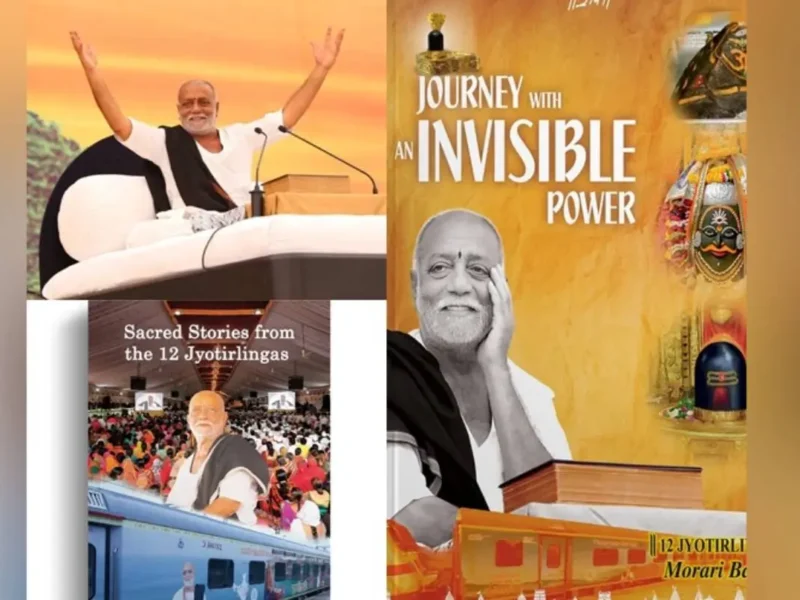
Age Of Revolutions – Fareed Zakaria Has A Compelling Narrative
Photo: @FareedZakaria
India-West Staff Reporter
LOS ANGELES, CA – In a compelling narrative of progress and resistance, The Age of Revolutions: From Classical Liberalism to Global Upheaval, by Fareed Zakaria, chronicles the tumultuous journey of humanity through seismic changes, tracing the emergence of classical liberalism alongside the recurring waves of backlash and counter-revolution.
Beginning with the trailblazing Dutch Republic, hailed as the first modern republic and a beacon of individual liberty, where refugees and rebels sought sanctuary, Zakaria opens with gripping intensity.
The Dutch Republic, though nearly extinguished by force, saw its ideals resonate across the English Channel during the “Glorious Revolution.”
However, not all revolutions gleamed with such radiance; the French Revolution serves as a cautionary tale against top-down imposition of radical change. Lasting transformations, the narrative asserts, burgeon from grassroots movements, exemplified by the bottom-up evolution of the Industrial Revolution in Britain and the United States. This epochal shift propelled these nations to the forefront of global power dynamics, shaping contemporary political fault lines.
Yet, amid the ascendancy of Britain and America, societal upheaval brewed as technology disrupted traditional norms, inciting resistance from factions such as the Luddites, who vehemently opposed the encroachment of machines.
In the latter half of the narrative, Zakaria delves into the convulsions of contemporary revolutions: the relentless march of globalization, the digital metamorphosis, the resurgence of identity politics, and the rekindling of great power rivalries epitomized by a resurgent Russia and an ascendant China. Vladimir Putin and Xi Jinping emerge as antagonists seeking to reverse the tide of liberalism, espousing a vision that eschews democracy, women’s rights, and open societies.
However, the gravest peril lies not in external aggression but in the erosion of democratic principles within the heartlands of liberal democracies. A populist and cultural backlash, infecting Western societies, imperils the foundational principles of the Enlightenment, threatening the fabric of the world we often take for granted.
The narrative cautions against the dual nature of liberalism, extolling its capacity to liberate individuals from arbitrary constraints while lamenting its tendency to foster isolation and existential voids. This void, ominously dubbed the “hole in the heart,” becomes fertile ground for the proliferation of tribalism, populism, and identity politics. In the era of relentless technological and cultural revolutions, the narrative warns of the perils of drifting towards a collective rejection of modernity itself.




